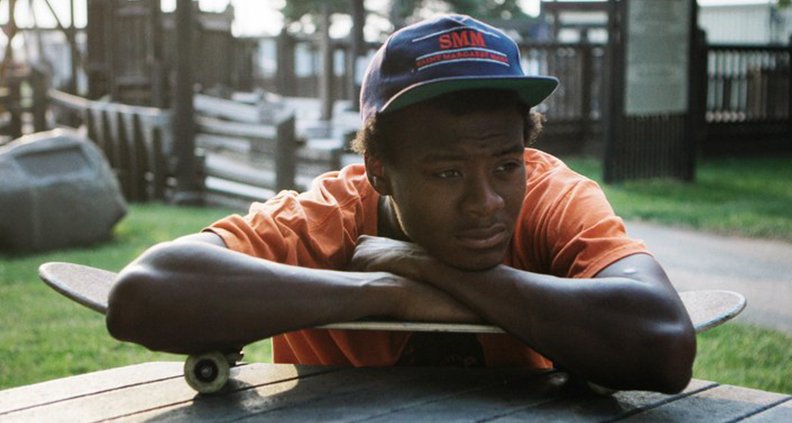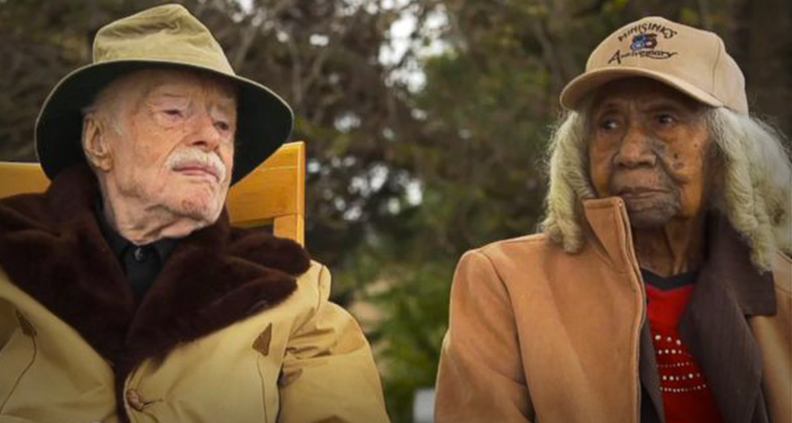The Doc Life: So What Exactly Does Successful Distribution Look Like?
Each month in The Doc Life, Film Independent’s Anthony Ferranti dives deep into the hows and whys of nonfiction filmmaking, featuring advice and hard-won insight from top veteran and emerging documentarians. Enjoy!
***
For this month’s column, I’ll be sharing some sage advice from someone who knows a thing or two—or a hundred—about documentary distribution: Tim Horsburgh, Director of Communications and Distribution at Kartemquin Films. Kartemquin, of course, is the Chicago-based production company behind such recent nonfiction hits as the Film Independent Spirit Award nominated (and Documenary Lab supported) titles Minding the Gap, Abacus: Small Enough to Jail and The Trials of Muhammed Ali.
Founded in 1966, Kartemquin currently operates as a 501(c)3 nonprofit and is the home of such esteemed nonfiction filmmakers as Maria Finitzo (In the Game), Bing Liu (Minding the Gap), and Joanna Rudnick (In the Family).
Speaking by phone, here’s what Mr. Horsburgh had to say about the whos, hows and whys of nonfiction distribution. Enjoy!
KARTEMQUIN FILMS & DOC DISTRIBUTION

Do you see the distribution side of filmmaking as a daunting task for nonfiction filmmakers?
Horsburgh: It really is daunting for a lot of filmmakers. A very small percentage of filmmakers are lucky enough to make a film and have it become really successful. But for a huge amount of filmmakers that doesn’t happen. That doesn’t mean that they’re not valid films, they might just be for a more specific type of audience. And so the onus is on them to build demand for their film and have a strategy for doing it, which requires a real entrepreneurial desire and persistence. It’s really important for filmmakers to start early in their process to identify what their main goals are around the film both for themselves as a filmmaker and for the people they’re making it with or about. What will success look like for the subject or the people who care about this issue? Those are really good orientation points to fall back on no matter how big or small your film is.
How can a filmmaker start to figure out where the right platform might be right for their film?
Horsburgh: When you’re designing your strategy early on, you can say: “I’m making this type of film and other similar films have aired on POV or Independent Lens, and I want my film to be free and accessible to the public with a robust educational campaign. I should go knock on PBS’s door first”—it’s important to give a shout out to PBS. They’re one of the few places that will take chances on first-time filmmakers telling social issues stories about generally underrepresented issues or people. Maybe you’ve got something more like a crime story. Netflix has made a real impact on that. If you’ve got something that feels very specifically American or specifically tied into one American city, I think it’s very hard to get those on some of the bigger global networks.

Do you see film festivals playing an important role in seeking distribution?
Horsburgh: Festivals are really important. The big festivals are more important than ever. Right now, distribution is super easy. If you want to distribute your film to millions, just put it on YouTube. Are people going to watch it? No. You have to create demand. You have to create marketing. The festivals are key to that. They give you the immediate signifier of quality and act as a press junket for your film to launch it.
What else can you tell us about festival strategy?
Horsburgh: The reality of it is that the films at Sundance or TIFF or Tribeca or SXSW, the industry gatekeepers have often seen those films for a couple of years at the rough-cut stage and have decided whether they’re going to back [them]. And then those films have this final launch pad to the public—a sort of coming out party. So the idea of the overnight success is kind of a myth.h. But, I think it’s important that emerging filmmakers realize that you do need to put in that effort in the production stage of trying to make distribution connections and trying to make pre-sale and trying to get key industry gatekeepers aware of your film and invested in your film before it’s fully done, because that’s what the major players are all doing.
What about the documentary-centric festivals, what role do they play?
Horsburgh: There’s a whole other festival circuit outside the fictional world, and it’s really valuable. Hot Docs is incredible; it’s one of the major markets for documentaries in the world. And you know it’s on that level as like Sheffield Doc Fest or IDFA or CPH:DOX. It’s like one of the very top tier Doc-only festival market that really can really change the fate of your film, because it’s opening you up to all sorts of international buyers and things like that. In the US there are a number of really key documentary-only festivals that really garner you the respect of the documentary industry. And the film critics and funders who care about documentaries and funders who care will notice if you play at a place like True/False or Full Frame, DOC NYC, Doc 10 here in Chicago. Those types of festivals carry a lot of weight.

What are distributors looking for? What should filmmakers look for and what should they be wary of when looking for a distributor?
Horsburgh: If you’re an unknown and you’ve got something that doesn’t feel like a commercial story, it’s pretty unrealistic to expect that a distributor is going to take a huge chance on you. Of course, if you’ve got Kartemquin or Film Independent [backing you] and you’ve been to a Lab, those things matter to distributors. It goes back to the question of filmmakers weighing what they really want to do and what they can do in terms of pushing their own distribution. At Kartemquin, we’re really selective in how we break up rights. We might sell international broadcast rights to one company and try to keep the educational rights, the theatrical rights and the digital rights separate. Because if you give all the rights to one partner and they do nothing with it, you’re stuck with them. You need to ask really specific questions about what [the distributor] plans to do in each of the different platforms. Do they have plans for festivals? Do they have plans for theatrical? For educational? Do they have for broadcast and digital? If you’re not convinced by the answers, what is the strength of this distributor?
How do you know if your project and a certain distributor are a good fit?
Horsburgh: Look at what other films they’ve distributed that feel similar to your film. Then ask those filmmakers to give you a reference. You can ask the distributor to give you references, too. I think it’s great when filmmakers share data with each other and experiences, and that should be encouraged.
To learn more about Kartemquin Films, check out their website. To learn more about Film Independent’s myriad Artist Development programs, just click here.
Learn how to become a Member of Film Independent by visiting our website, and click here to subscribe to our YouTube channel. Also, why not be our friend on Facebook, Twitter and Instagram?
